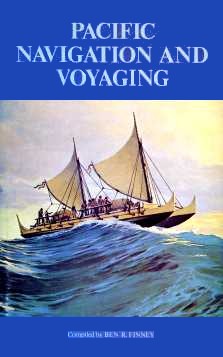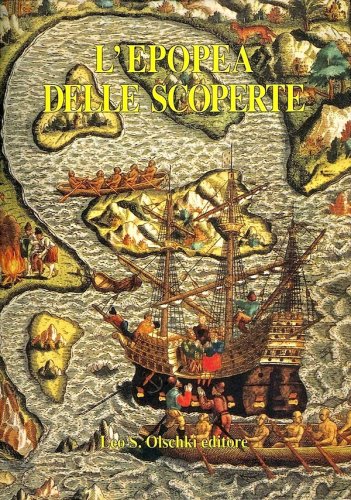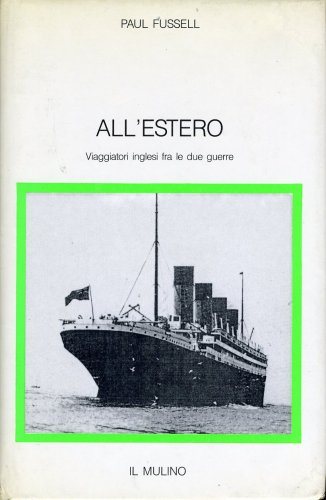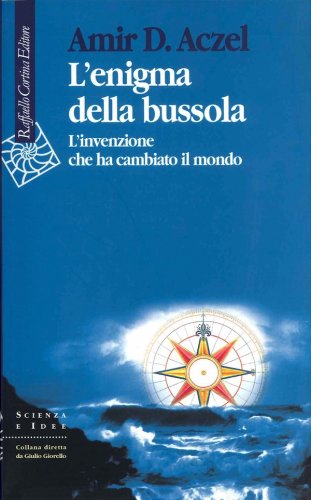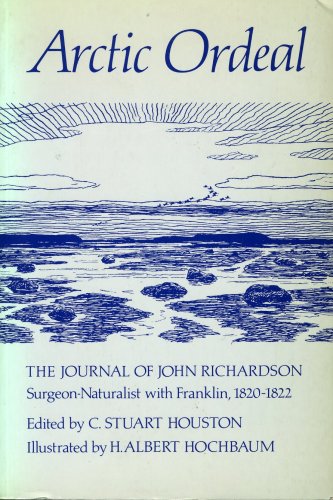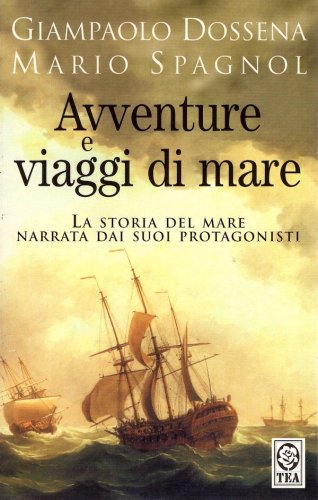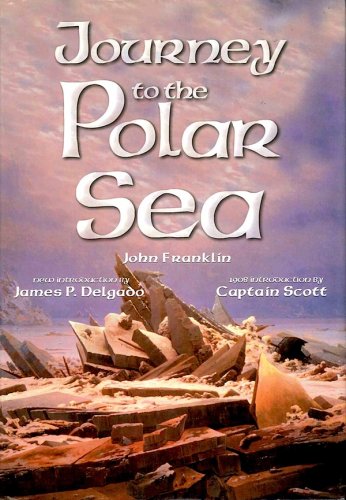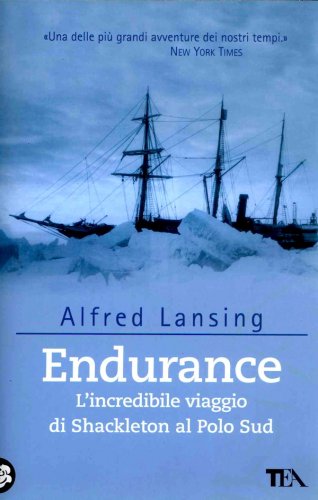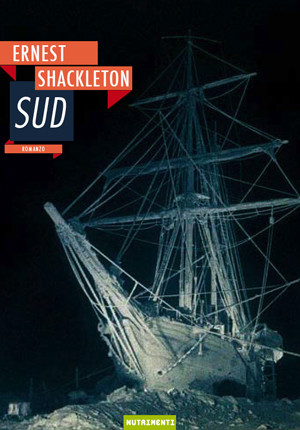Pacific navigation and voyaging
Pacific navigation and voyaging
- Non disponibile, richiedi informazioni sulla disponibilità
- Possibilità di reso entro 10 giorni lavorativi
- Transazione sicura con carta di credito, Paypal o bonifico bancario
- Spedizione tracciata con SDA
What do we learn about voyaging and navigation in the Pacific from the research findings reported in this volume ? It would be a mistake to attempt to use these findings to « prove » this or that theory about navigation or settlement. The experiments described here cannot be considered « crucial experiments » that conclusively confirm or negate a hypothesis. Similarly, a computer simulation does not tell you what actually did, or will, happen in the real world. And, needless to say, ethnographic findings are seldom definitive. What these reports, and other recently published field research findings, do provide is new data that contribute toward a better understanding of how Pacific Islanders were adapted to the sea. It is apparent, for example, that the Micronesians and Polynesians, and perhaps some of the peoples of Melanesia, shared a unique deep-sea adaptation. With their many types of ocean-going canoes, their use of the stars and other natural phenomena for navigation, and their sensual and emotional familiarity with the sea, these Pacific Islanders were able to treat the oceans as an avenue, not a barrier, to communication. They were not, however, conquerors of the sea. Adaptation, not conquest, is the appropriate term to denote how they had learned to travel through the Pacific, for voyaging and navigation was (and still is for some) a matter of man adapting his technology and life style to the wind, stars, swells and other aspects of his oceanic environment.

